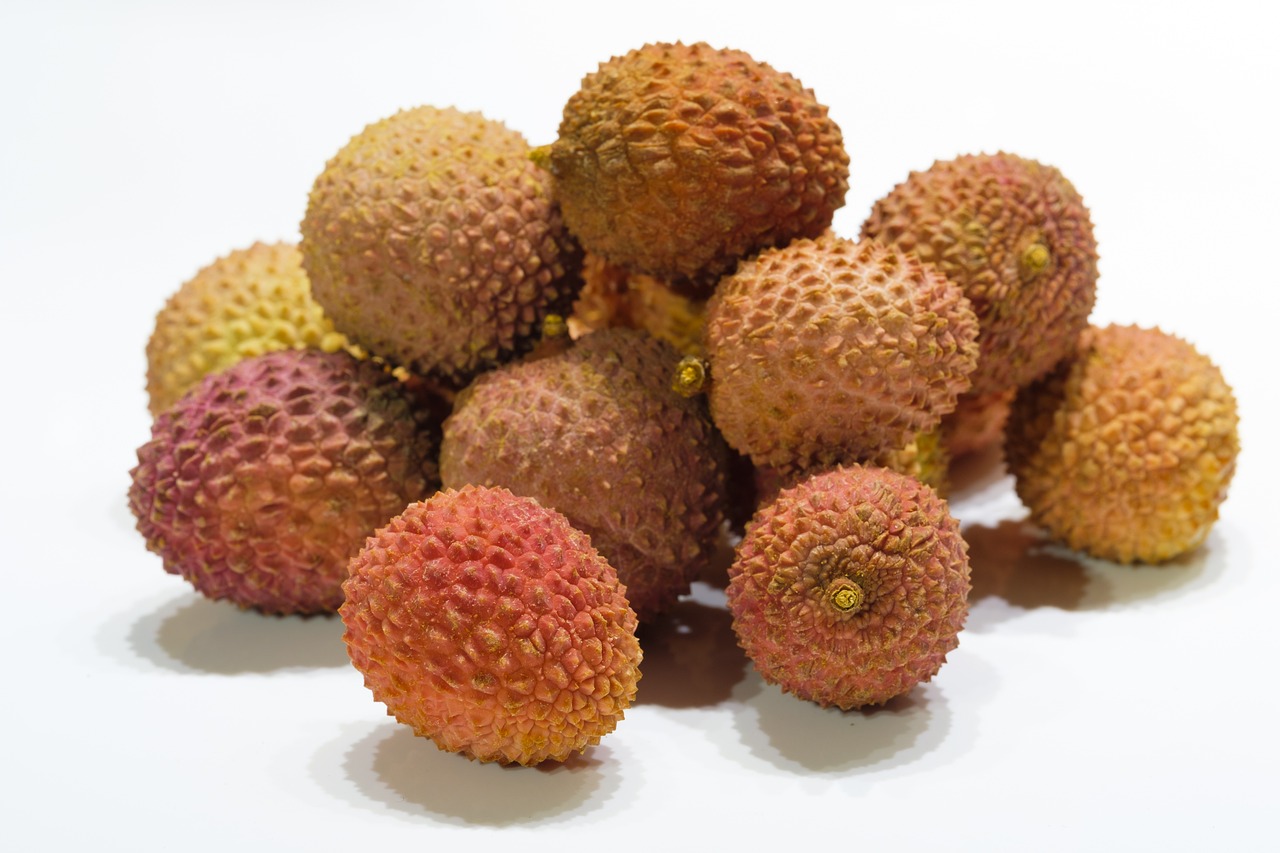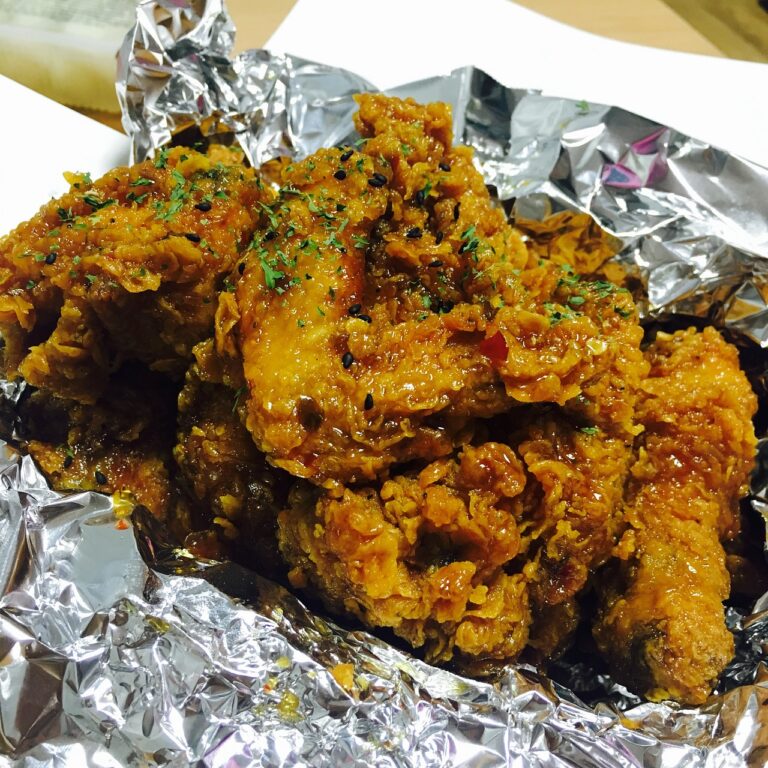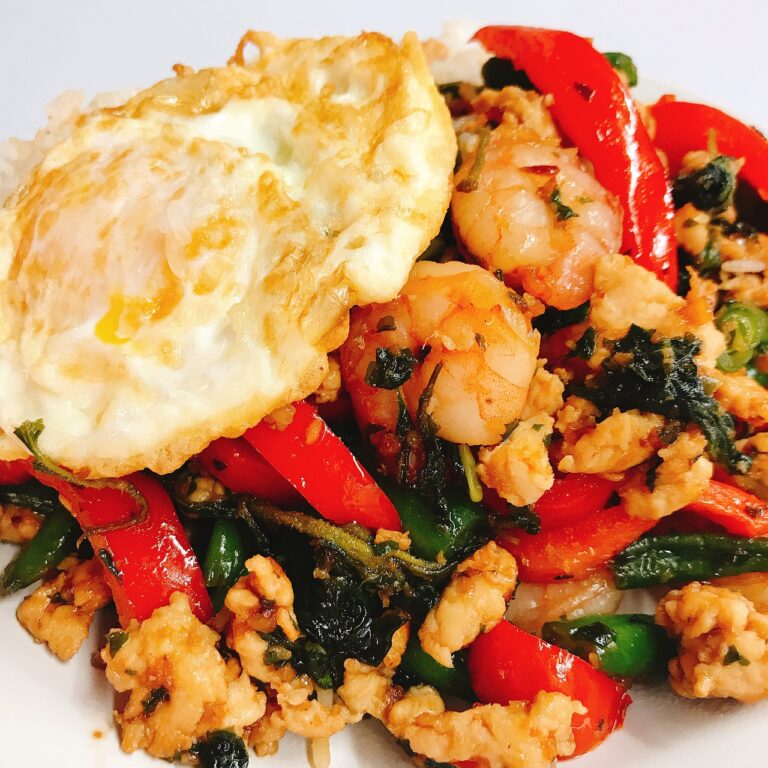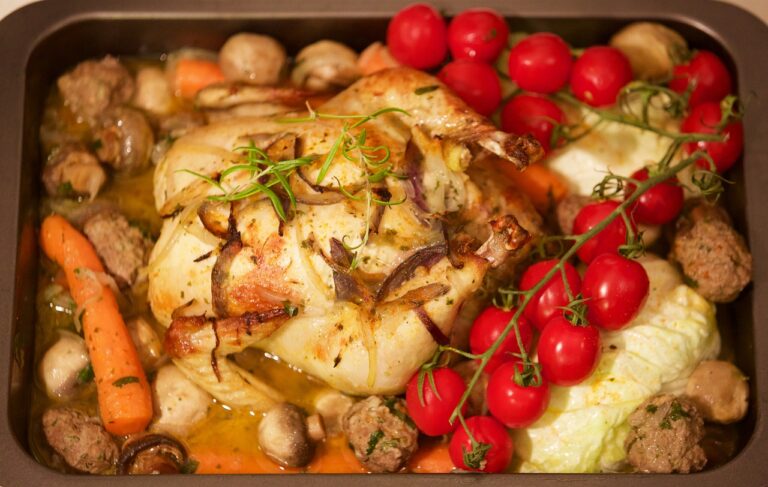Addressing Pet Food Safety Concerns Related to Mycotoxins: Sky exch, World 777 com login, Gold bet
sky exch, world 777 com login, gold bet: Pets are an important part of our families, and as pet owners, we want nothing but the best for our furry friends. This includes providing them with safe and nutritious food. However, one of the biggest concerns when it comes to pet food safety is the presence of mycotoxins.
Mycotoxins are toxic compounds produced by certain types of mold that can grow on grains or other food sources. These toxins can be harmful to both humans and animals, and can cause a variety of health issues ranging from mild digestive upset to more serious conditions such as liver damage or cancer.
In order to ensure the safety of your pet’s food, it’s important to be aware of the potential risks associated with mycotoxins and take steps to mitigate them. In this article, we will discuss some common mycotoxins found in pet food, how they can impact your pet’s health, and what you can do to address these concerns.
The Dangers of Mycotoxins in Pet Food
Mycotoxins can be found in a wide variety of pet foods, including dry kibble, canned food, treats, and even some raw diets. The most common types of mycotoxins found in pet food include aflatoxins, ochratoxins, zearalenone, and fumonisins.
Aflatoxins are produced by certain species of fungi, such as Aspergillus flavus and Aspergillus parasiticus, and are known to be carcinogenic. Ochratoxins can cause kidney damage and have been linked to urinary tract issues in pets. Zearalenone can disrupt hormone balance and reproductive health. Fumonisins can cause neurological issues and liver damage.
These mycotoxins can enter the food chain at various points, from the field where the grains are grown to the storage facilities where the food is stored. Contamination can occur during any stage of production, and even small amounts of mycotoxins can have a significant impact on your pet’s health over time.
Signs of mycotoxin poisoning in pets can vary depending on the type and amount of mycotoxin ingested, but common symptoms include vomiting, diarrhea, loss of appetite, lethargy, and jaundice. In more severe cases, mycotoxin poisoning can lead to organ failure and death.
Addressing Mycotoxin Concerns in Pet Food
As a responsible pet owner, there are several steps you can take to minimize the risk of mycotoxins in your pet’s food:
1. Choose high-quality pet food brands that have strict quality control measures in place to prevent mycotoxin contamination.
2. Store your pet’s food in a cool, dry place away from sunlight and moisture, as these conditions can promote mold growth.
3. Check the expiration date on your pet’s food and avoid feeding expired products to your pet.
4. Rotate your pet’s food regularly to ensure freshness and prevent mold growth.
5. Consider cooking your pet’s food at home using fresh ingredients to have more control over what they are consuming.
6. Consult with your veterinarian if you suspect that your pet may have been exposed to mycotoxins or if you notice any concerning symptoms.
By being proactive and vigilant about the quality of your pet’s food, you can help minimize the risk of mycotoxin exposure and keep your furry friend healthy and happy.
FAQs
Q: How do I know if my pet’s food contains mycotoxins?
A: Unfortunately, it can be difficult to detect mycotoxins in pet food without specialized testing. Choosing reputable brands with stringent quality control measures is your best bet for avoiding mycotoxin contamination.
Q: Can mycotoxins be harmful to humans as well?
A: Yes, mycotoxins can be harmful to both humans and animals. It’s important to handle pet food safely and wash your hands after feeding your pet to minimize your own exposure to these toxins.
Q: What should I do if I suspect my pet has ingested mycotoxins?
A: If you suspect that your pet has been exposed to mycotoxins or if they are exhibiting symptoms of mycotoxin poisoning, contact your veterinarian immediately. They can provide guidance on next steps and treatment options.
Q: Are there any natural remedies for mycotoxin poisoning in pets?
A: While there are some natural remedies that are purported to help detox the body, it’s essential to seek professional veterinary care if you suspect your pet has ingested mycotoxins. Natural remedies should not be used as a substitute for medical treatment.
Q: How can I report a potential issue with my pet’s food?
A: If you believe that your pet’s food may be contaminated with mycotoxins or any other harmful substance, contact the manufacturer and report the issue. Additionally, you can file a report with the FDA through their Safety Reporting Portal.
Q: Is organic pet food less likely to contain mycotoxins?
A: While organic pet food may have fewer synthetic pesticides and additives that could potentially introduce mycotoxins, it’s not a guarantee that they are free from contamination. Always choose reputable brands with solid quality control measures in place.
In conclusion, being aware of the risks associated with mycotoxins in pet food and taking steps to minimize exposure is crucial for the health and well-being of your furry companion. By being proactive and informed, you can provide your pet with safe and nutritious food that will keep them happy and healthy for years to come.







